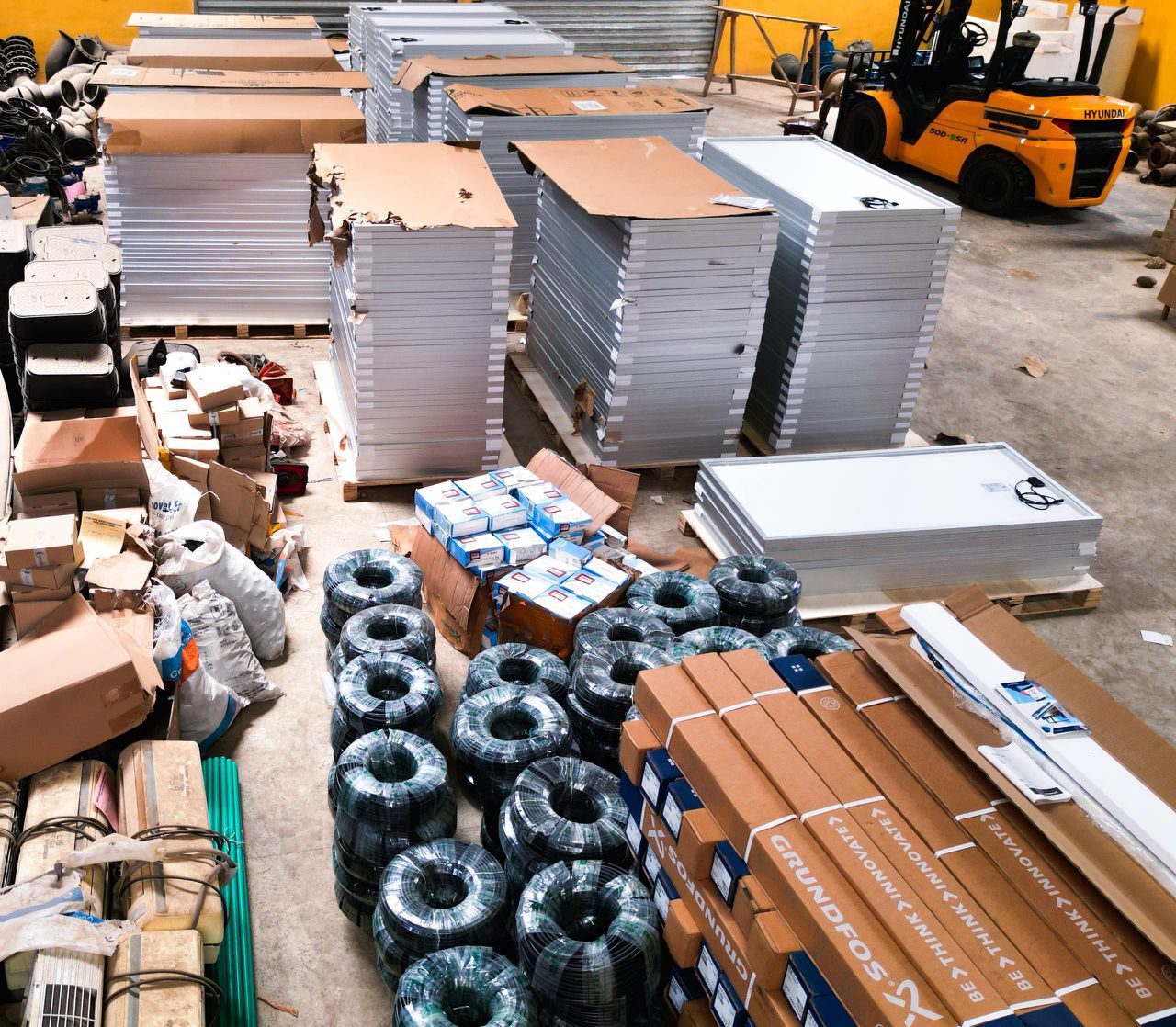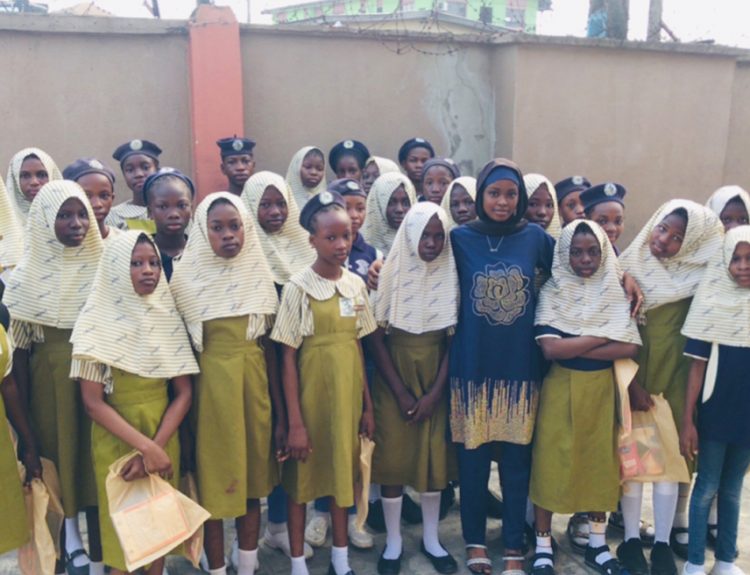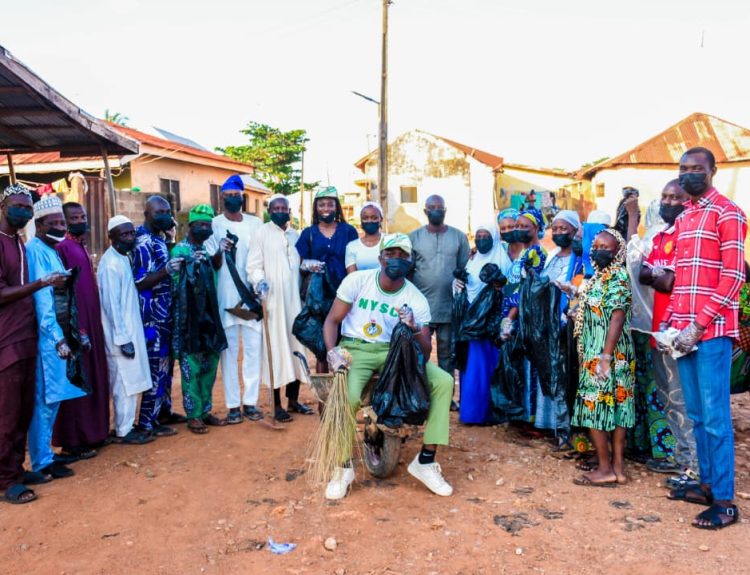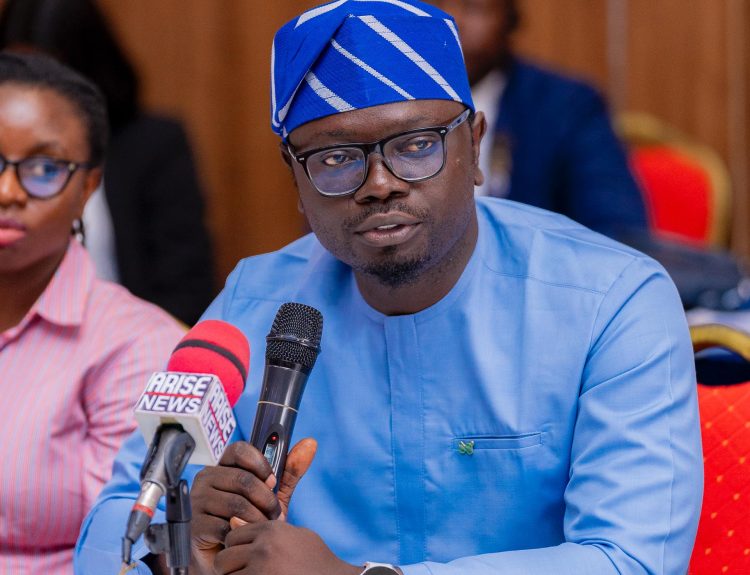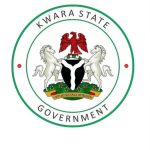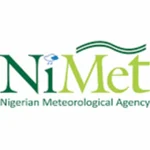The Ekiti State Government has ramped up its infrastructure development efforts with the procurement of 110 solar-powered water pumps and accessories to construct a fresh set of water, sanitation, and hygiene (WASH) facilities across the state.
According to the Commissioner for Infrastructure and Public Utilities, Prof. Mobolaji Aluko, the new facilities will be installed in 55 schools and 55 health centres, targeting improved access to clean water and sanitation in both urban and rural areas.
The initiative falls under the World Bank-supported Sustainable Urban and Rural Water Supply, Sanitation and Hygiene (SURWASH) programme, which aims to boost access to essential WASH services in underserved communities.
Speaking in Ado Ekiti during the delivery of the equipment, Aluko noted that purchasing the pumps in bulk was a strategic decision to reduce costs and maintain standard quality and servicing.
“In the last two years, we’ve constructed numerous boreholes and sanitation facilities in communities, schools, and health centres. So far, we’ve rehabilitated 121 WASH facilities and built 64 solar-powered boreholes,” he said.
Aluko explained that the 110 newly planned WASH facilities will be evenly distributed, with each local government and local council development area receiving two units, while Ado Local Government will get an additional two units.
He also revealed that the government is exploring long-term electricity solutions to power its water supply infrastructure, including the use of dedicated lines, gas, solar, and small-scale hydropower systems for the state’s major dams at Ero, Egbe, Ureje, Itapaji, and the federally owned Ogbese dam.
“The energy demands of dams are significant due to the heavy-duty pumps required, so we’re prioritising independent power sources to ensure consistent water distribution,” he explained.
Reaffirming the government’s commitment to providing basic amenities, the commissioner urged local communities to take ownership of public facilities. “Greater community involvement will enhance service delivery, maintenance, and the sustainability of these projects,” he added.


